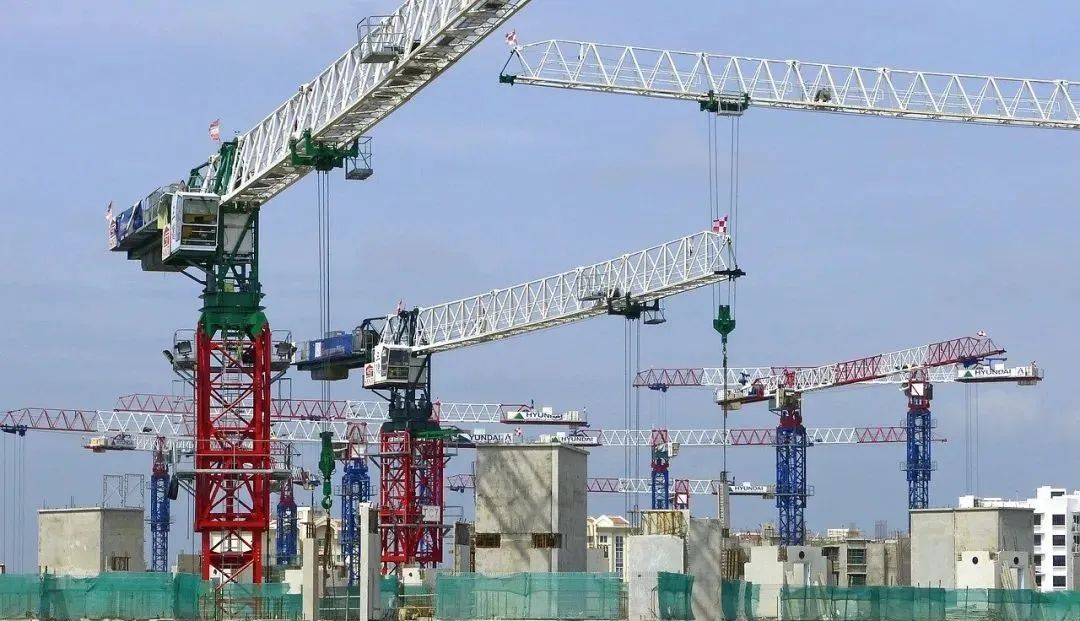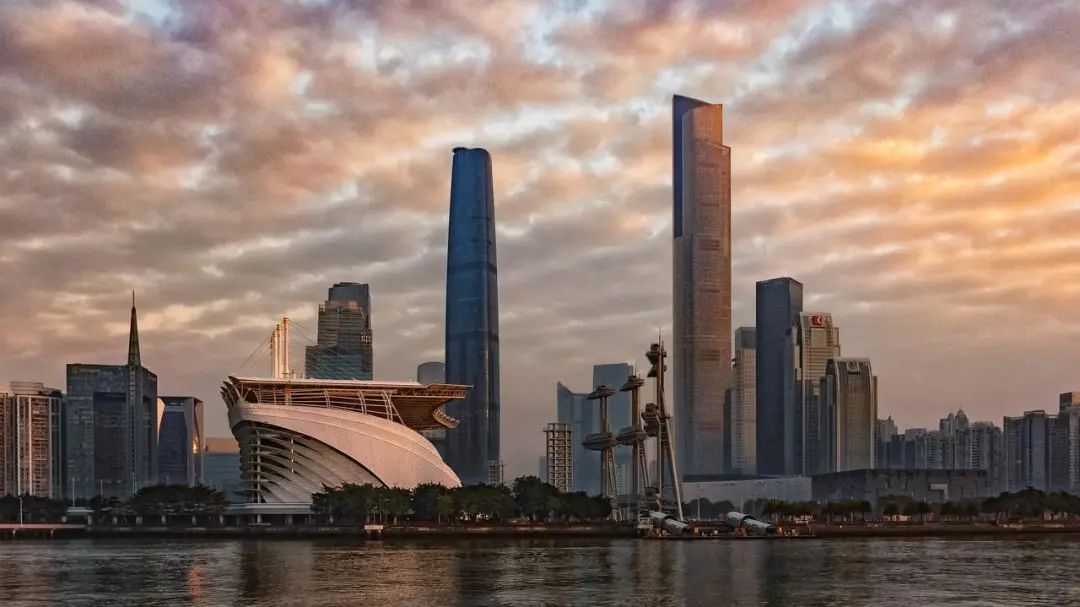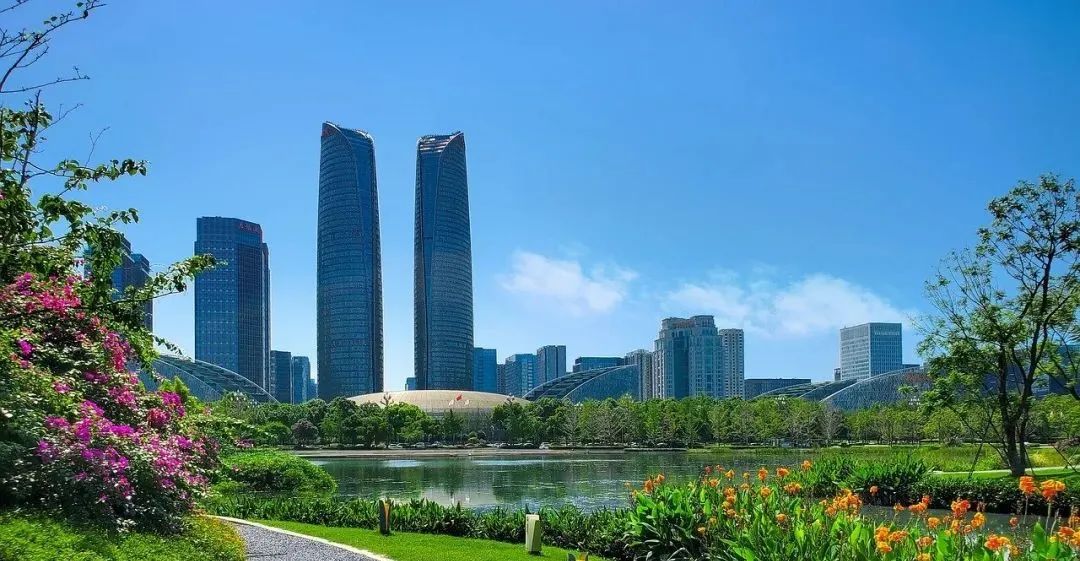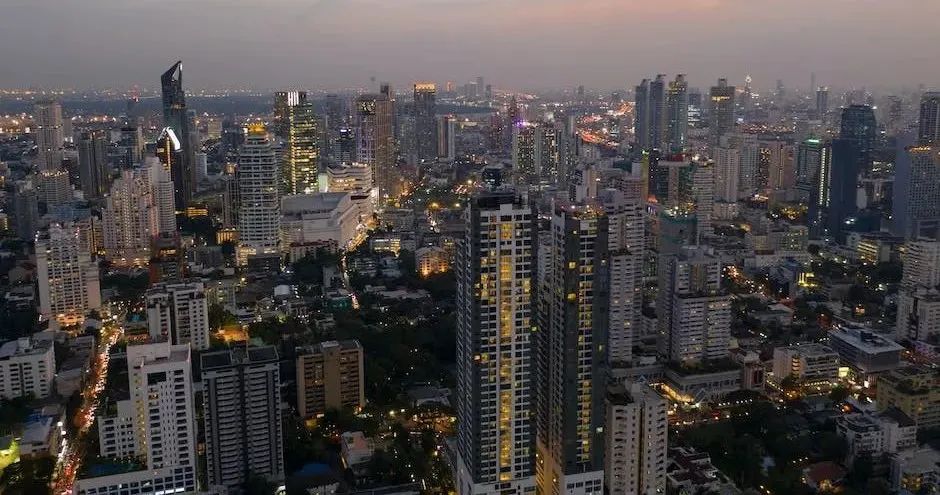Summary of Singapore’s SME Government Allowance Support Program
 Enterprise Singapore (ESG) is a statutory body under the Ministry of Trade and Industry of the Singapore government. It was established on 1 April 2018 by the merger of two Singapore government agencies, International Enterprise (IE) and SPRING Singapore.
Enterprise Singapore (ESG) is a statutory body under the Ministry of Trade and Industry of the Singapore government. It was established on 1 April 2018 by the merger of two Singapore government agencies, International Enterprise (IE) and SPRING Singapore.Today, let’s discuss the part of the allowance!
A start-up company
Affected by the Covid-19 outbreak, from 25 September 2020, Enterprise Singapore will increase the scheme allowance from S$30,000 to S$50,000. At the same time, start-up business owners must raise S$10,000 themselves as Common matching funds for this allowance.
Application conditions
The team has at least 3 SC/PRs and is the main applicant for funding
At least 2 of the 3 main applicants are first-time founders
Principal applicants for first-time founders must collectively hold at least 30%of the company
The company must own at least 51% of SC/PR equity
At the time of application to AMP, the company must have been established for no more than 6 months
Proposed business ideas must not be on the following lists: cafes, restaurants, nightclubs, lounges, bars, pedicures, massage parlors, gambling, social escort services, employment agencies, and feng shui
(For other detailed terms, please refer to ESG’s official website)
 The program also supports Proof of Concept (POC) and Proof of Value (POV) to commercialize innovative technologies. Companies can apply for funding based on the stage of development of the technology or concept. Grants for POC and POV are capped at S$250,000 and S$500,000, respectively, while startups will be required to increase their paid-in capital by 10% and 20%, respectively, based on their POC and POV grants.
The program also supports Proof of Concept (POC) and Proof of Value (POV) to commercialize innovative technologies. Companies can apply for funding based on the stage of development of the technology or concept. Grants for POC and POV are capped at S$250,000 and S$500,000, respectively, while startups will be required to increase their paid-in capital by 10% and 20%, respectively, based on their POC and POV grants.
Application conditions
Startups registered for less than 5 years at the time of grant application
Own at least 30% local equity
Group of companies with annual sales not exceeding S$100 million or group employees not exceeding 200
Core activities to be carried out in Singapore
POC or POV program categories: Advanced Manufacturing/Robotics, Biomedical and Healthcare, Cleantech, ICT, Emerging Industries, Precision Engineering, Transportation Engineering/Engineering Services, Food Science and Technology, and Agritech
(For other detailed terms, please refer to ESG’s official website)
Local Company
 Specific industries covered by PSG include retail, food, logistics, precision engineering, construction, and landscaping. In addition to industry-specific solutions, PSG supports the adoption of cross-industry solutions such as customer management, data analysis, financial management, and inventory tracking.
Specific industries covered by PSG include retail, food, logistics, precision engineering, construction, and landscaping. In addition to industry-specific solutions, PSG supports the adoption of cross-industry solutions such as customer management, data analysis, financial management, and inventory tracking.
These solutions have been pre-determined by various government agencies such as Enterprise Singapore (ESG), National Environment Agency (NEA), and Singapore Tourism Board (STB).
The scheme grant is capped at S$30,000 per financial year. From April 1, 2022, the highest support level will be at 70%. For eligible pre-determined solutions in the food service and retail industries, the government provides an additional 10% of the maximum level of support, or 80%, until 31 March 2023.
Application conditions
SMEs who meet the following conditions can apply for PSG:
A business entity registered and operating in Singapore
Own at least 30%local equity (for selected solutions only)
At least three local employees at the time of application (for Consulting Services Solutions only)
Purchase/rental/subscription of IT solutions/equipment/consulting services must be used in Singapore
Corporate group annual sales of not more than S$100 million, or corporate group employees not exceeding 200

b. Overseas business development: such as participating in overseas physical and virtual trade fairs or business matching, identifying licensees/franchisees, distributors or joint venture partners, etc.; capped at S$50,000
c. Overseas establishment: includes legal and documentation fees to enter the market, as well as in-depth free trade agreement consultation, etc.; capped at S$30,000
There is no limit to the number of MRAs a company can apply for. Only one activity can be funded at a time for a maximum period of 12 months. Companies can also apply for other grants at the same time.
Application conditions
SMEs that meet the following conditions can apply for MRA:
A business entity registered and operating in Singapore
The new market entry criteria, that is, the target overseas country, the applicant’s overseas sales in the past three years does not exceed S$100,000
Own at least 30% local equity
Corporate group annual sales of not more than S$100 million, or corporate group employees not exceeding 200
a. Core competencies: These types of programs help businesses prepare for growth and transformation by strengthening their business foundation. These projects should go beyond basic functions like sales and accounting.
b. Innovation and Productivity: Programs in these category support companies exploring new growth areas, seeking ways to increase efficiency or optimize the use of resources to improve sustainability performance. These projects may include reviewing and redesigning workflows. Companies can also leverage automation and high-tech to improve the efficiency and sustainability of routine tasks.
c. Market Access: This type of program supports companies that are willing and ready to expand overseas. EDG can help cover part of the cost of expanding overseas.
From April 1, 2022, the highest support level will be at 70%. For eligible pre-determined solutions in the food service and retail industries, the government provides an additional 10% of the maximum level of support, or 80%, until 31 March 2023.
Application conditions
SMEs that meet the following conditions can apply for EDG:
A business entity registered and operating in Singapore
Own at least 30% local equity
Be in a financially viable position to initiate and complete projects
Enterprise Singapore will assess applications based on project scope, project outcomes and the capabilities of the service provider.
Application conditions
SMEs that meet the following conditions can apply for the joint conference call:
A business entity registered and operating in Singapore
Own at least 30% local equity
Corporate group annual sales of not more than S$100 million, or corporate group employees not exceeding 200
Sufficient financial support to complete the project
(The application requirements for each country’s project are slightly different, please refer to ESG’s official website for details)
Workforce Transformation: SkillsFutureSingapore (SSG), Job Redesign Programme, Career Switching Programme etc. Training courses aligned with various industry skills frameworks provided by Workforce Singapore (WSG)
To encourage employers to undertake both enterprise and workforce transformation programmes, the S$3,000 credit can only be used for workforce transformation programmes. Therefore, employers can only use up to S$7,000 for business transformation, and there is no cap on the amount that can be used for workforce transformation.
Application conditions
There is no need to apply for SFEC, the quota will be automatically applied to the supported projects of the application.
Employers must meet the eligibility criteria for individual SFEC support programs in order to withdraw credits.
Employers who are newly eligible in 2021 can use their SFEC for supportable programs applying from 1 April 2022. Employers who were previously eligible can continue to use their SFEC for supportable plans submitted on or after April 1, 2020.
Final reimbursements for SFEC support programs must be submitted to the respective agencies by June 30, 2024.
Partnership
 LEAD supports development projects in the following areas:
LEAD supports development projects in the following areas:
Technology and Infrastructure: Improve business capabilities and productivity through the use of technology to innovate and automate. It includes adopting technology, setting technical standards and building industry-wide infrastructure
Industry expertise: Develop overall industry expertise through training, study circles and industry certifications
Business cooperation: Encourage associations and businesses to build alliances by leveraging mutual strengths through joint procurement, shared services and internationalization opportunities
Intelligence and Research: In-depth understanding of industry trends and needs to develop industry-specific solutions through comprehensive research based on sound market intelligence
Internal capabilities: Strengthen internal capabilities to be effective change agents and industry multipliers
LEAD provides reimbursement of up to 70% of eligible costs for eligible projects, including labor-related costs, equipment and materials, professional services, business development costs, and intellectual property costs.
High-impact and multi-TAC collaborative projects can receive up to 90% support. Models for multi-TAC partnerships include collaboration within and across industries, or alliances where large TACs take the initiative to engage and support smaller TACs to achieve common outcomes.
Application conditions
LEAD applies only to trade associations and chambers of commerce TAC, which include Singapore registered associations, professional bodies, employers’ unions, overseas chambers of commerce, and companies limited by guarantee.
The TAC must also meet the following criteria:
Represents a key industry (i.e. an industry that contributes significantly to the economy, has good export potential, and a strong employment scale)
Has a large membership representing the industry
Proven track record in helping small and medium enterprises (SMEs)
The proposed project must be started at the time of application
From 1 January 2017, TACs seeking consultancy-related costs for LEAD support in their industry development projects are required to engage management consultants with Enterprise Singapore accredited accreditation.
